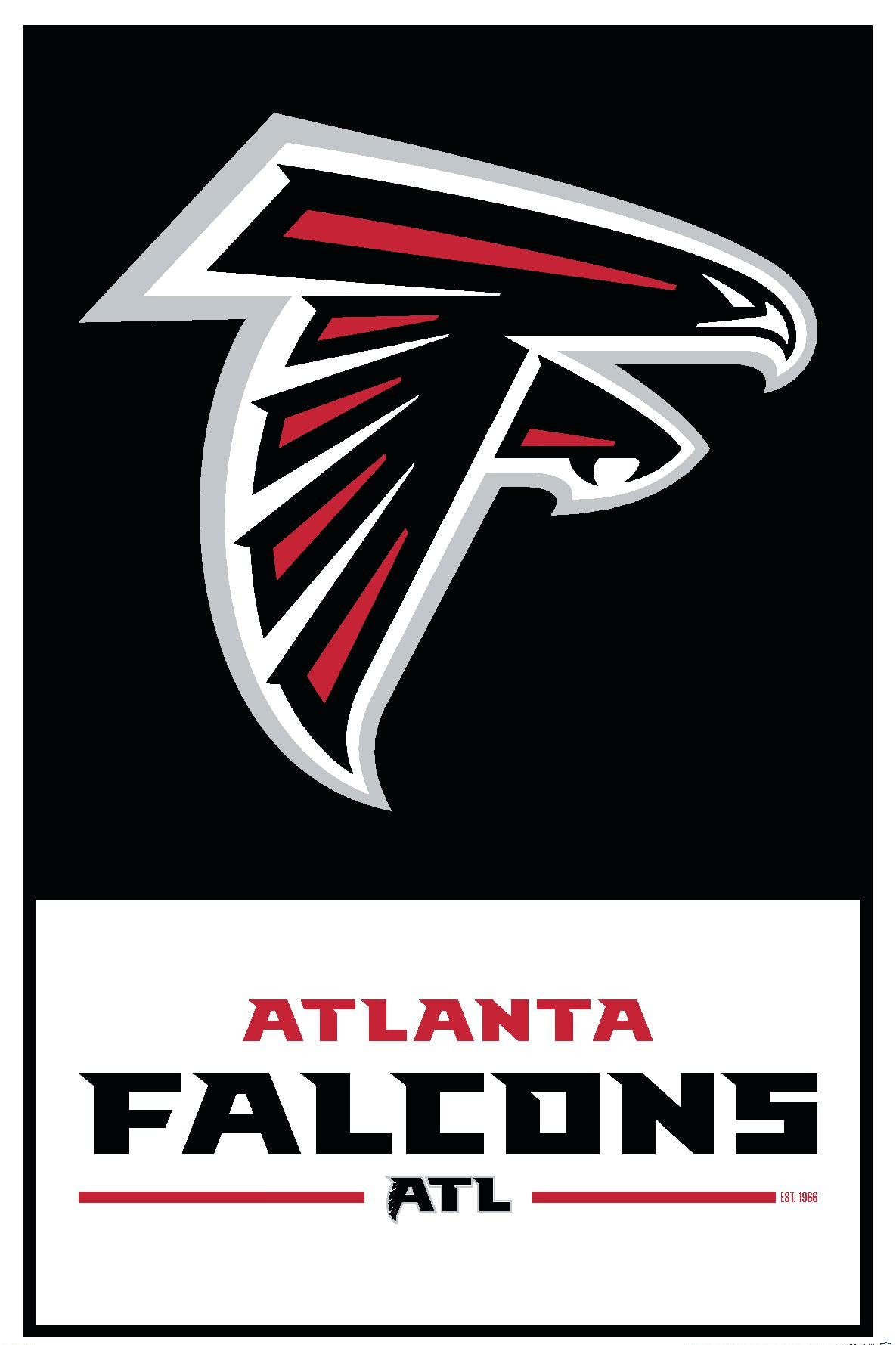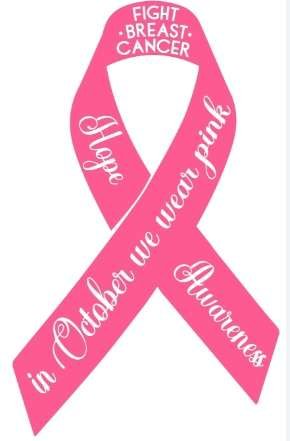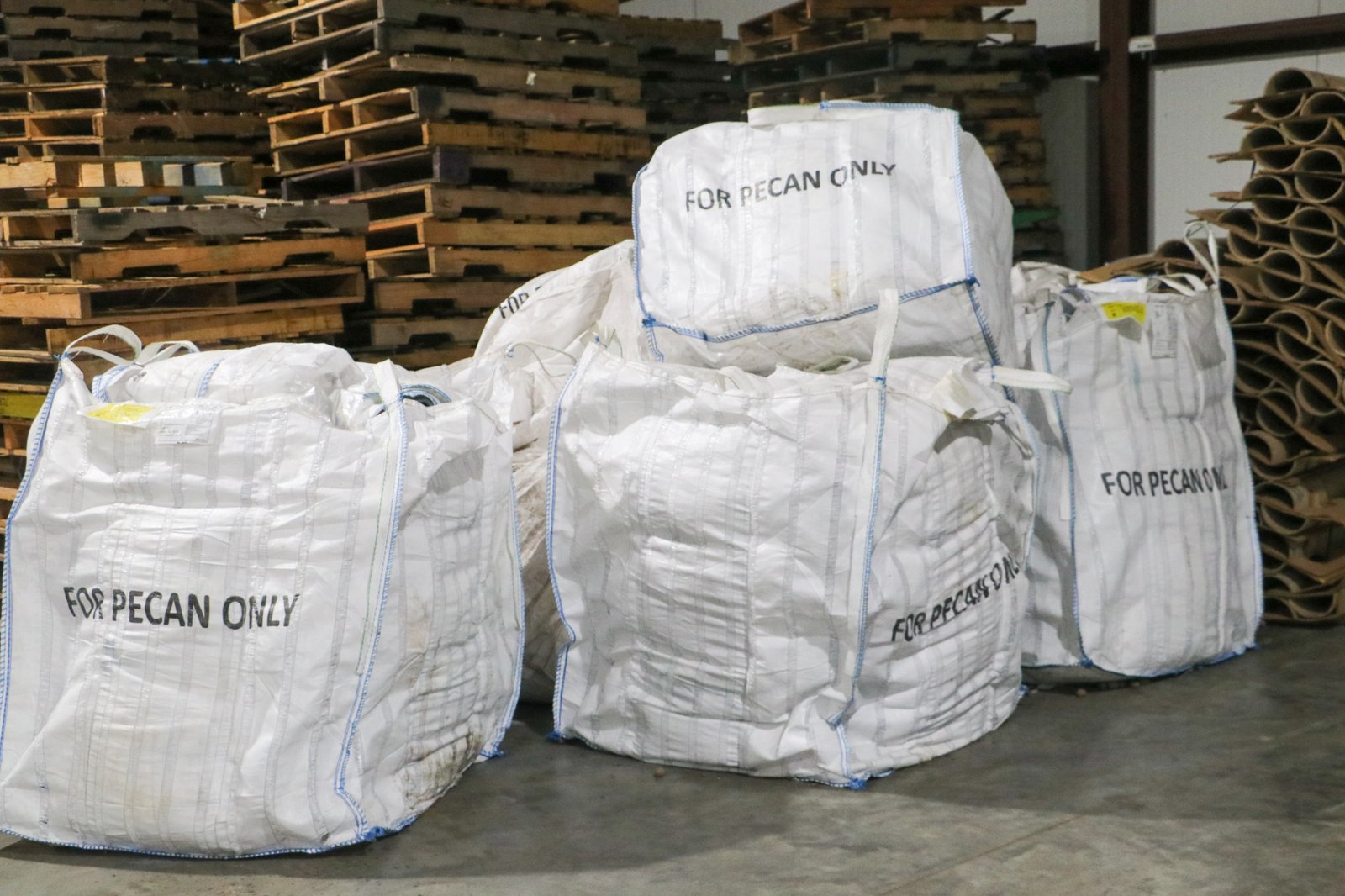
Alcohol producers are reeling after the US president threatened retaliation against EU whiskey tariffs, leaving a key export market ‘dead in the water’
By David Chazan, Tom Kington, Isambard Wilkinson, Bruno Warfield | Friday, March 14, 2025
From picturesque vineyards that produce Côte de Beaune fit for Manhattan supper soirées to Belgian breweries whose beers delight blue-collar Americans, one question is on the minds of Europe’s drinks industry: how do we survive Trump’s tariffs?
Fear is rising that the president’s trade war will have a devastating impact and many have expressed fury at Brussels over what they perceive as a failure to accommodate Trump’s demands or, worse, a hostility towards the president that has exacerbated the situation.

With the president declaring that he would hit European alcohol exports with tariffs of up to 200 per cent, we meet the manufacturers who are on the front line of an existential fight they neither wanted nor expected.
Battle will take a lot of bottle
Thiébault Huber had a simple message for a teetotal president who has taken aim at wine and champagne. “Trump ought to relax and have a glass of burgundy to calm himself down,” said the head of the winemakers’ confederation in the region that produces what many people regard to be the world’s greatest wines.
However, he had little sympathy for Brussels bureaucrats, who he accused of starting the transatlantic war of words. Trump’s threat came after the European Commission said it would impose a 50 per cent surcharge on US whiskey imports in response to tariffs on steel and aluminium. “The European Commission shouldn’t have retaliated like this,” Huber said.
“We met a huge number of MEPs before they took the decision to increase the charge on imported bourbon. We told them not to do it, that the reaction from the US would be terrible, but despite all our warnings, here we are, threatened by tariffs that will annihilate the wine and spirits trade.”
Nicolas Ozanam of the Federation of French Wine and Spirits Exporters agreed. “We’ve been telling the European Commission for months that targeting American bourbon and whiskey serves no purpose,” he said. “No one wins from trade wars, they’re idiotic. Business will dry up completely.”
Burgundy exports nearly a quarter of its wines to the US but Huber said vintners were working on increasing their sales to other parts of the world. “Demand is rising in a lot of African countries, as it is in eastern European countries too. Asia is still an attractive market and Scandinavia is very active,” he said.
However, Christine Sévillano, head of the Federation of Independent Champagne Producers, warned that finding new markets was time-consuming and expensive. “It can take years to develop a market in a particular country. If we have to redirect our investment into other countries, it will be very costly,” she said.

France’s wine and spirits industry is one of its biggest employers. Hundreds of thousands of jobs could be jeopardised by disruption to trade with the US, which is the sector’s biggest export market, worth €3.8 billion a year.
Time to fortify the spirits
Until recent developments with the Diet Coke-drinking president, the sherry producers of southern Spain had been primarily focused on the drought that had left them fearing for crops.
The prospect of tariffs had a chilling effect on companies such as Barbadillo, for whom the US market represents a great hope for the future of its best wines. “It would be disastrous for business,” said Tim Holt, the international area director of the company, which is based in Sanlucar de Barrameda. He said the tariffs would leave one of his principal export markets “dead in the water”.
Fear has gripped wine businesses across Spain, particularly in the rioja and cava-producing regions of the north. Over the border in Portugal too, port and madeira are reeling from the possible impact.
“[It] would clearly and effectively remove Spanish wines and European wines in general from the entire US market,” said José Luis Benítez, director-general of the Spanish Wine Federation (FEV). Wine exports from Spain to the US reached a total value of 390 million euros last year. For cava producers, such as Cordoniu and Freixenet, the US accounts for 10 per cent of total sales.
The US market is important for Barbadillo sherry as an outlet for its premium wines. “I have just come back from a visit and there is a great appetite for premium sherry across the generations,” Holt said. “The US has huge potential for sherry and tariffs would destroy that.”

Feud over beer gets bitter
Benjamin Franklin, the founding father of the United States, knew a good pint when he saw one, once memorably noting: “Beer is proof that God loves us and wants us to be happy.”
The Americans who drink some 80 million litres of Belgian beer every year would agree. Their thirst is not limited to relatively upmarket offerings, with large quantities of cheap, mass-produced Dutch lager, such as Heineken, consumed.
Alain De Laet of Belgium’s Brouwerij Huyghe makes the famous Delirium Tremens beer, which has an intimidating alcohol content of 8.5 per cent, and carries the symbol of pink elephant. “We are immediately sending our entire stock of Delirium, two months’ production, to the US,” he told Het Laatste Nieuws. “About twenty containers, good for about 300,000 litres of Delirium in bottles, barrels and cans, will leave next week.
“Almost a quarter of our turnover comes from America. If Trump continues, our Delirium will no longer be saleable there.”
Dolf van den Brink, chief executive of Heineken, one of the biggest brewers in the world, criticised the uncertainty triggered by Trump’s announcement. “A trade war is in no one’s interest,” he said, stressing that companies can “stand up to the American trade whims together”.
He added: “We are the beer men and women. We are always a bit optimistic.”
Not so lovely bubbly
In recent years the Italians who grow grapes for prosecco have expanded to cover a planting area between Venice and the Alps. Many farmers have abandoned arable crops to switch to grapes as the sparkling wine appeared set to conquer the world. The boom times, however, may be over.
Trump’s tariffs may halt the sparkling wine’s triumphant conquest of the US. After prosecco’s invasion of the UK, North America has been the next target for north Italian producers, who have seen US sales soar by 51 per cent in the last four years.
“It would be absolutely unsustainable, it would ruin all the efforts we have made in the US to create a market and culture for our wines,” the prosecco producer Elvira Maria Bortolomiol told La Repubblica.
The 124 million bottles of prosecco sold in the US in 2024, for which American drinkers paid $1.86 billion, accounted for 19 percent of the entire Italian production of 660 million bottles last year.
Federica Boffa, who produces high-priced barolos, was defiant, claiming that American lovers of the wine would rebel against the US government. “This could be a boomerang — the Americans love our wines and I don’t believe they will keep quiet and swap Italian or French wines for a Napa Valley chardonnay or cabernet,” she told La Stampa.









What’s up, just wanted to mention, I liked this post. It was inspiring.
Keep on posting! http://boyarka-inform.com/